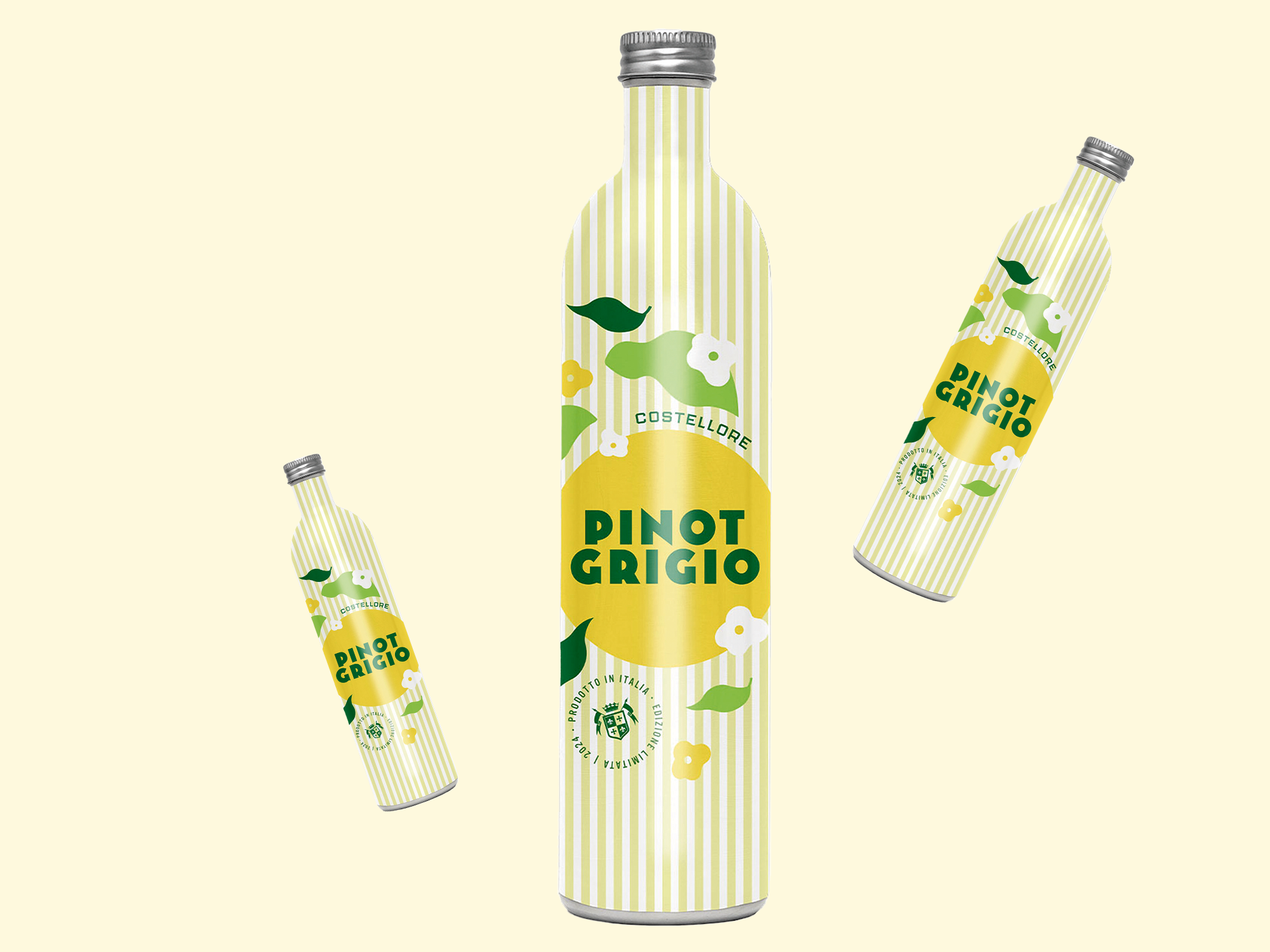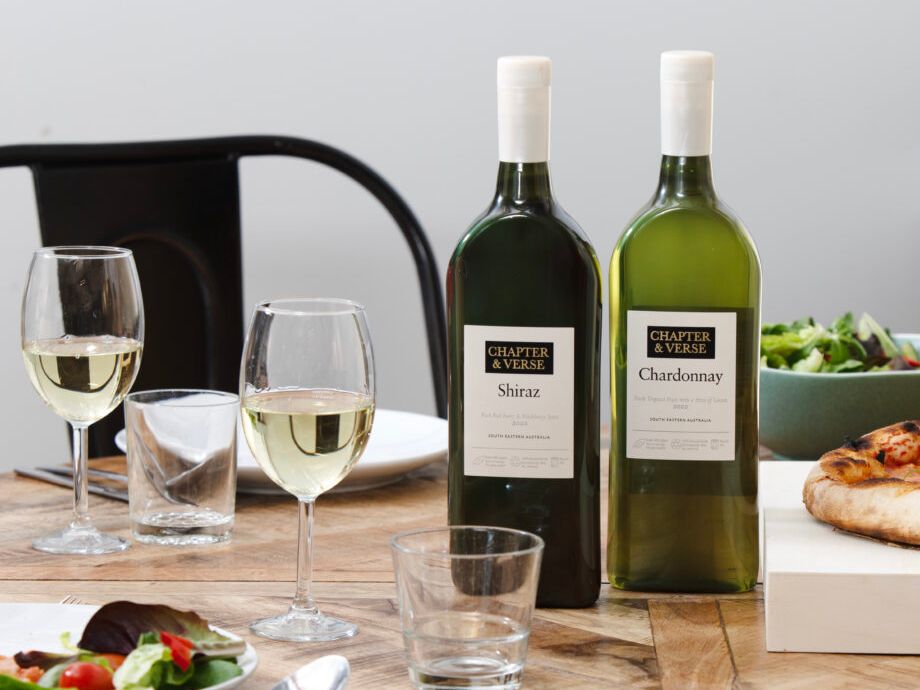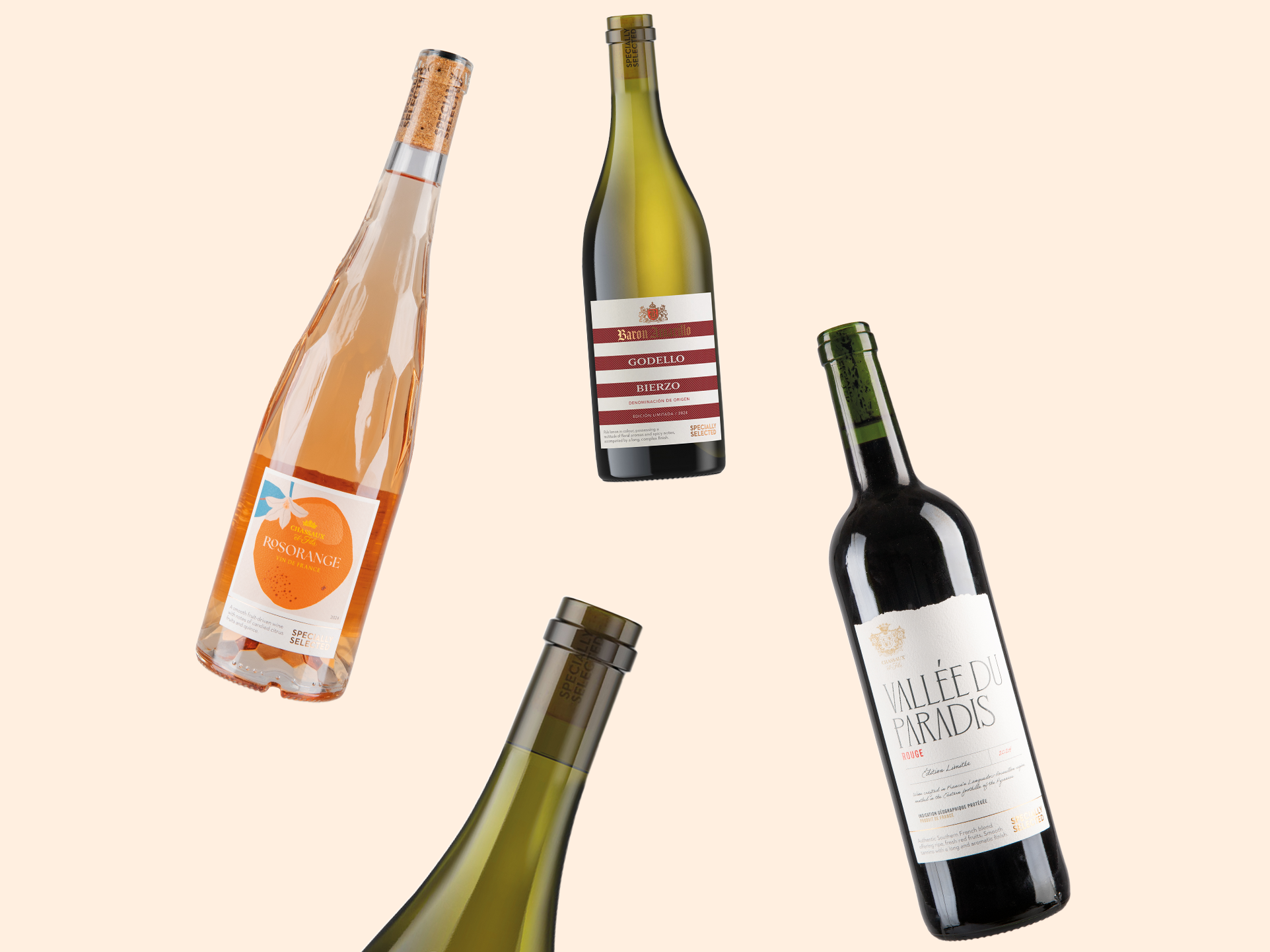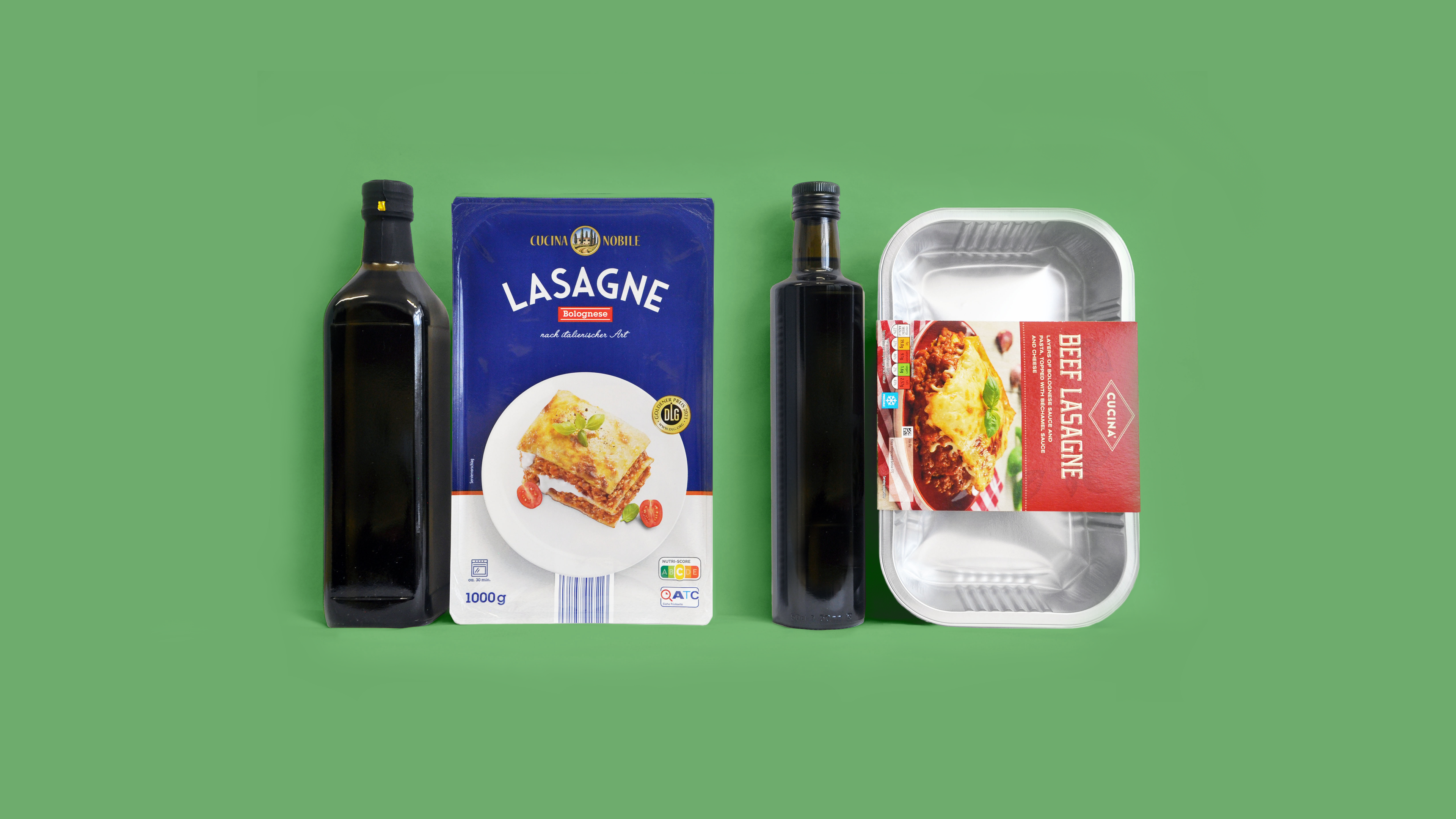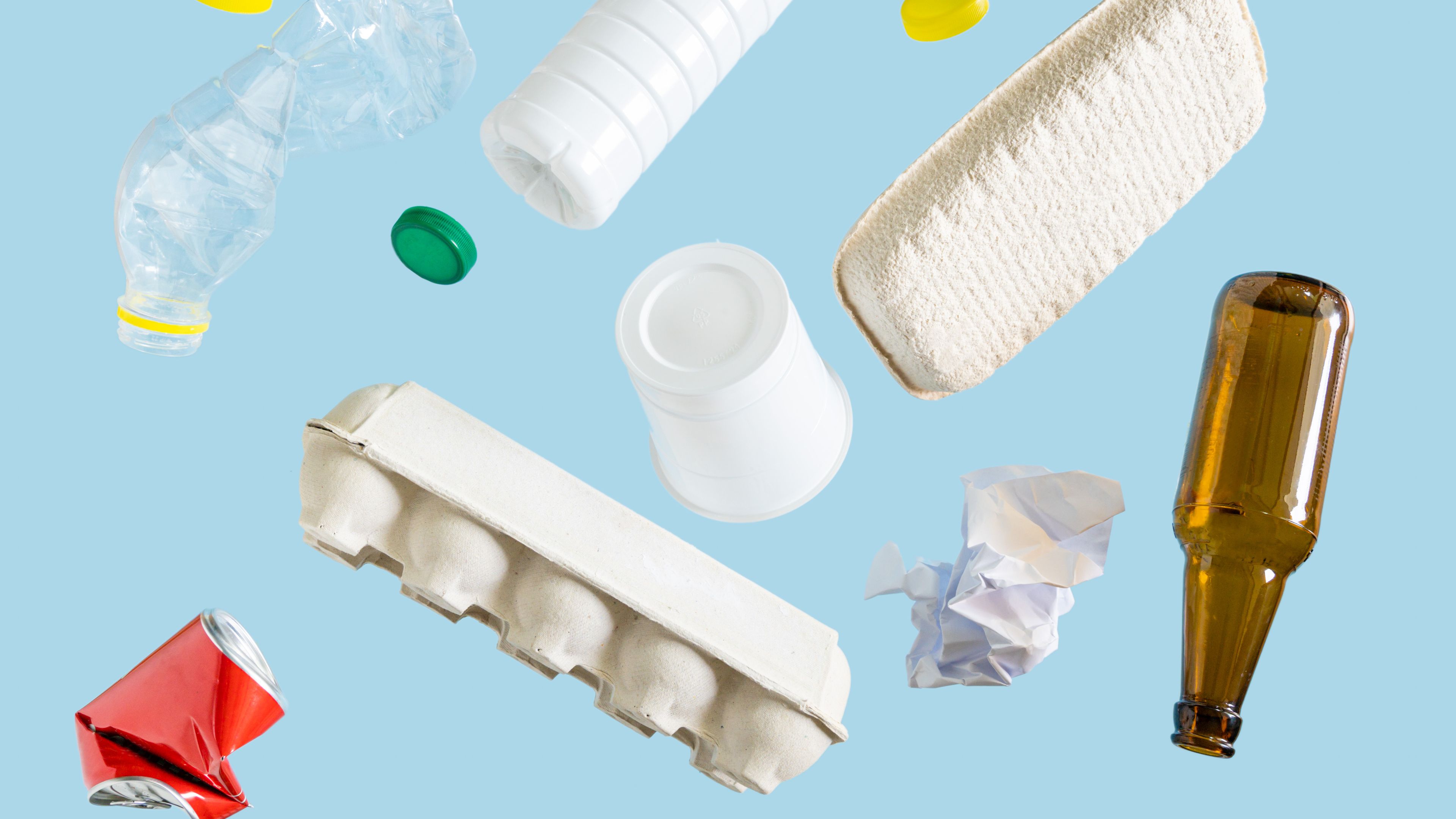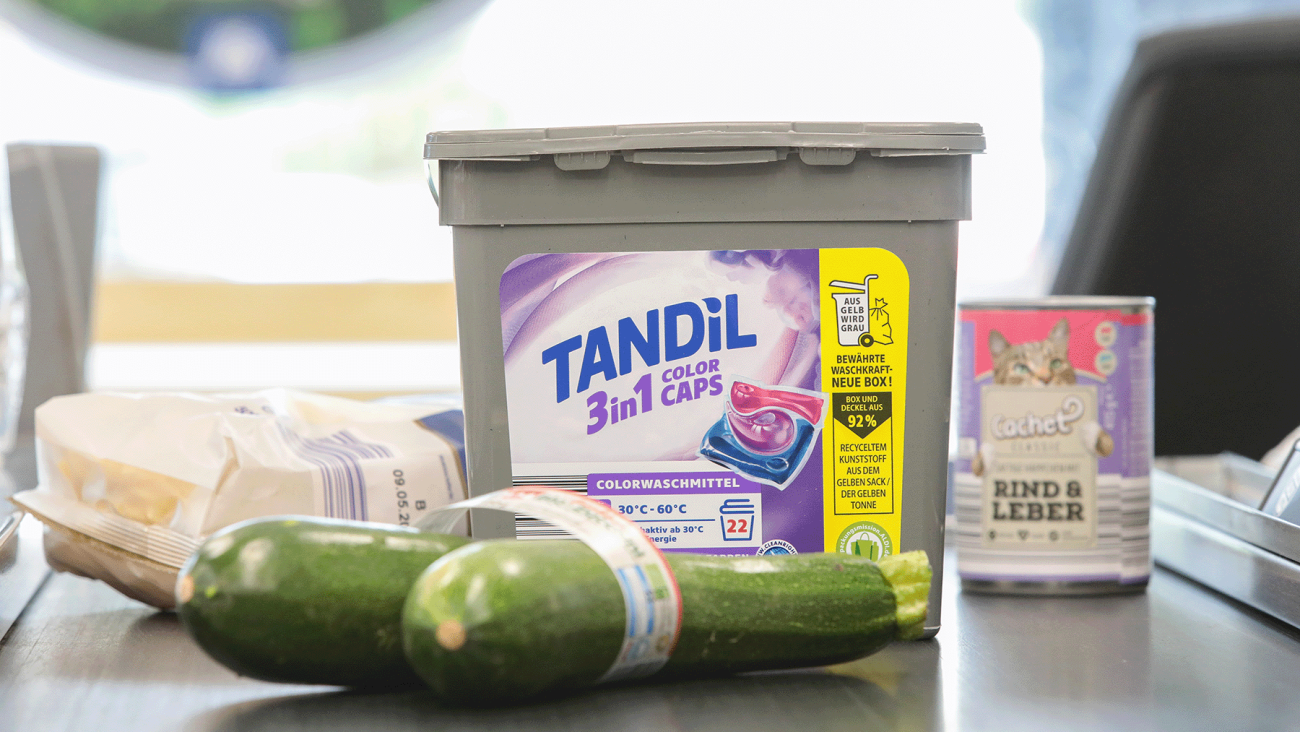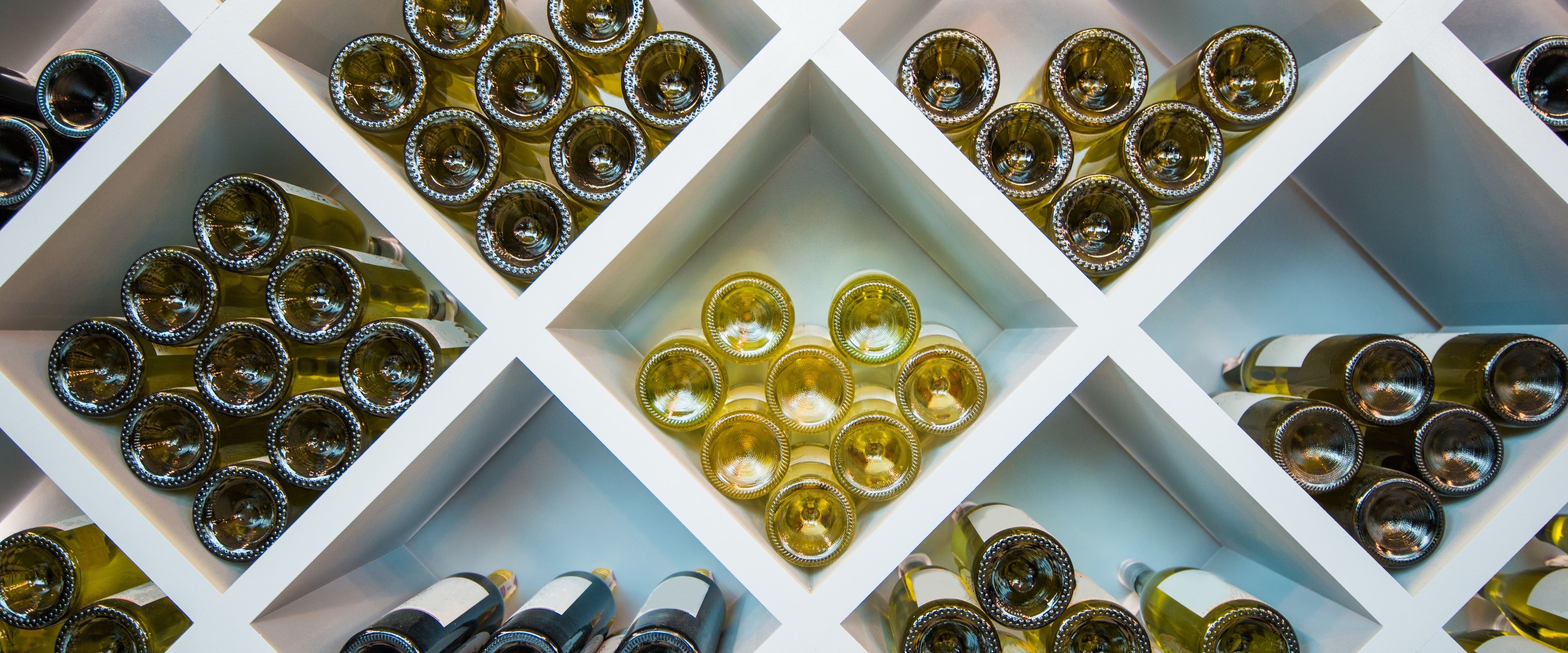

Sustainability doesn’t always require sweeping changes. Often, it’s the small decisions that create lasting impact. ALDI’s award-winning, affordable wines now come in lighter bottles. While a subtle shift, scaling this change across millions of units significantly reduces waste and lowers environmental impact, proving that incremental improvements can drive meaningful progress.
The ALDI SOUTH Group has committed itself to reducing emissions across our value chain, and we identified an exciting opportunity in wine to turn this pledge into action. In 2022, we embarked on a global project across the 11 ALDI SOUTH Group markets to switch to lighter weight glass wine bottles, partnering with our suppliers and producers on design and implementation. The change affects a large proportion of ALDI’s wine offerings, including red, white, rosé, and sparkling wines across all price points: entry-level, mid-level, and top-tier.
As a result, ALDI has managed to reduce the weight of approximately 75 million wine bottles offered in our stores over the past three years. This has taken 3,108 metric tonnes of glass out of the supply chain, resulting in significant reductions in greenhouse gas emissions generated during the manufacture and distribution of our wine.
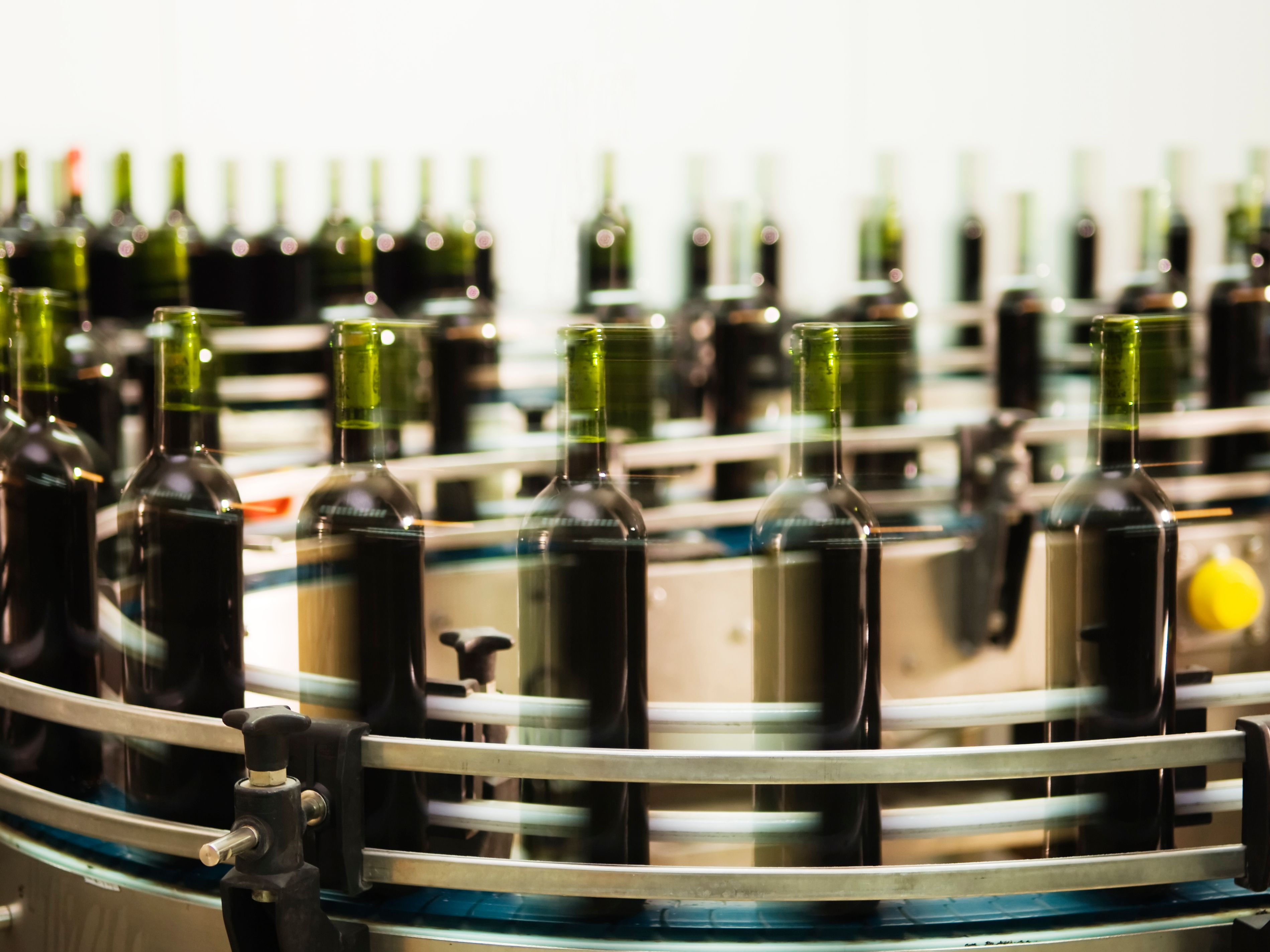
Why does cutting wine bottle weight matter?
The glass bottle is a key part of wine’s tradition and identity, valued for its strength and natural ability to protect the wine from oxygen while also allowing it to mature. But behind this timeless packaging lies a challenge: the production and shipping of glass bottles is the primary contributor to wine’s carbon footprint.
More than 30 billion bottles of wine are produced annually. Switching to lightweight bottles is a win-win situation for consumers, producers, and the planet alike. This simple change reduces greenhouse gas emissions, while also decreasing the amount of material and energy required for bottle production.
What have we achieved so far?
Since 2022, ALDI has reduced the weight of each glass wine bottle by an average of 42 grams. For our entry-level wines, glass weight has typically been reduced by 10–15%, with most bottles now weighing between 330 and 360 grams. In some selected mid- and high-tier wines, we’ve achieved reductions of over 300 grams per bottle.
While each change may seem modest, the impact is substantial when multiplied across ALDI’s high volumes. This initiative supports our science-based net-zero emissions targets and contributes meaningfully to environmental sustainability. As a result, customers can enjoy the same high-quality wine in lighter, more sustainable bottles that are just as fit for purpose, only they come with a smaller footprint.
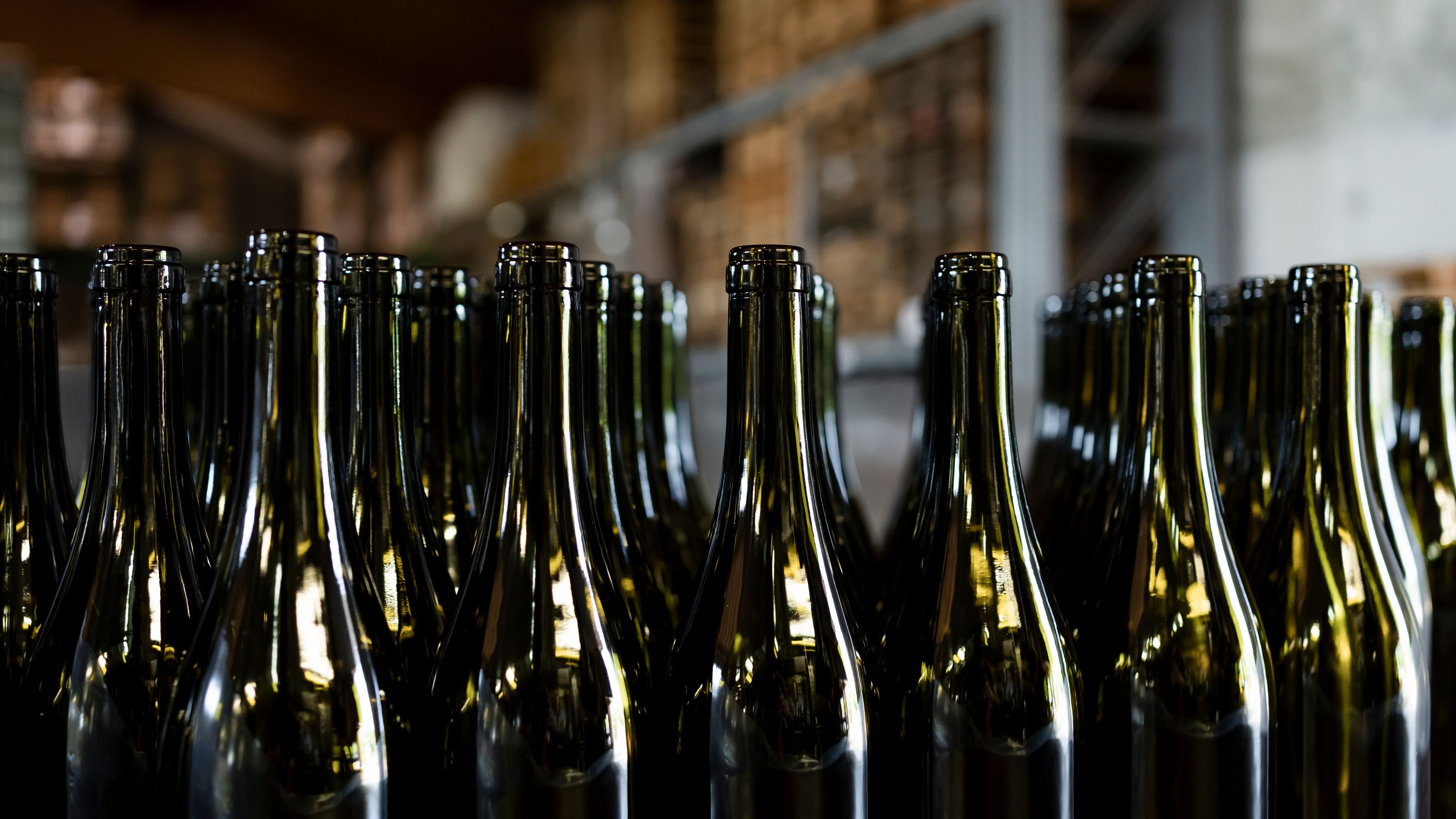
How do we reduce the weight of wine bottles?
At ALDI, we value long-term partnerships with our producers and suppliers. By consolidating our supplier pool, we can direct our significant buying volumes to those committed to greater sustainability. This allows suppliers to invest in initiatives such as those to make wine bottles lighter. Reducing the weight of a wine bottle, even by 10%, requires considerable effort. As bottles become lighter, it's essential to ensure the glass is evenly distributed. Inconsistent thickness can create weak spots that may lead to breakage.
Thanks to thoughtful design and careful planning, our customers can still enjoy the same high-quality wine in bottles that are lighter, more sustainable, and just as suitable as their heavier predecessors. And we’re not done yet. Over the coming years, we’re committed to further reduce bottle weight as part of our ongoing efforts to lower our environmental impact.
Changing old habits
We understand that consumers are increasingly seeking more sustainable products, and that is why ALDI is constantly updating its offering to meet this growing demand. Despite the clear environmental benefits of moving to lighter-weight wine bottles, there are still some challenges. There is the lingering belief among many consumers and even some producers that heavier bottles are perceived as a sign of higher quality wine. To counter this perception, ALDI is promoting and adopting innovative packaging solutions aimed at reshaping consumer expectations.
Previously, lightweighting efforts were focused on entry-level wines, but ALDI is taking steps to reduce the weight of wine bottles at every price point. This is being done to ensure that consumers are aware that wine stored in lighter bottles is still high quality.
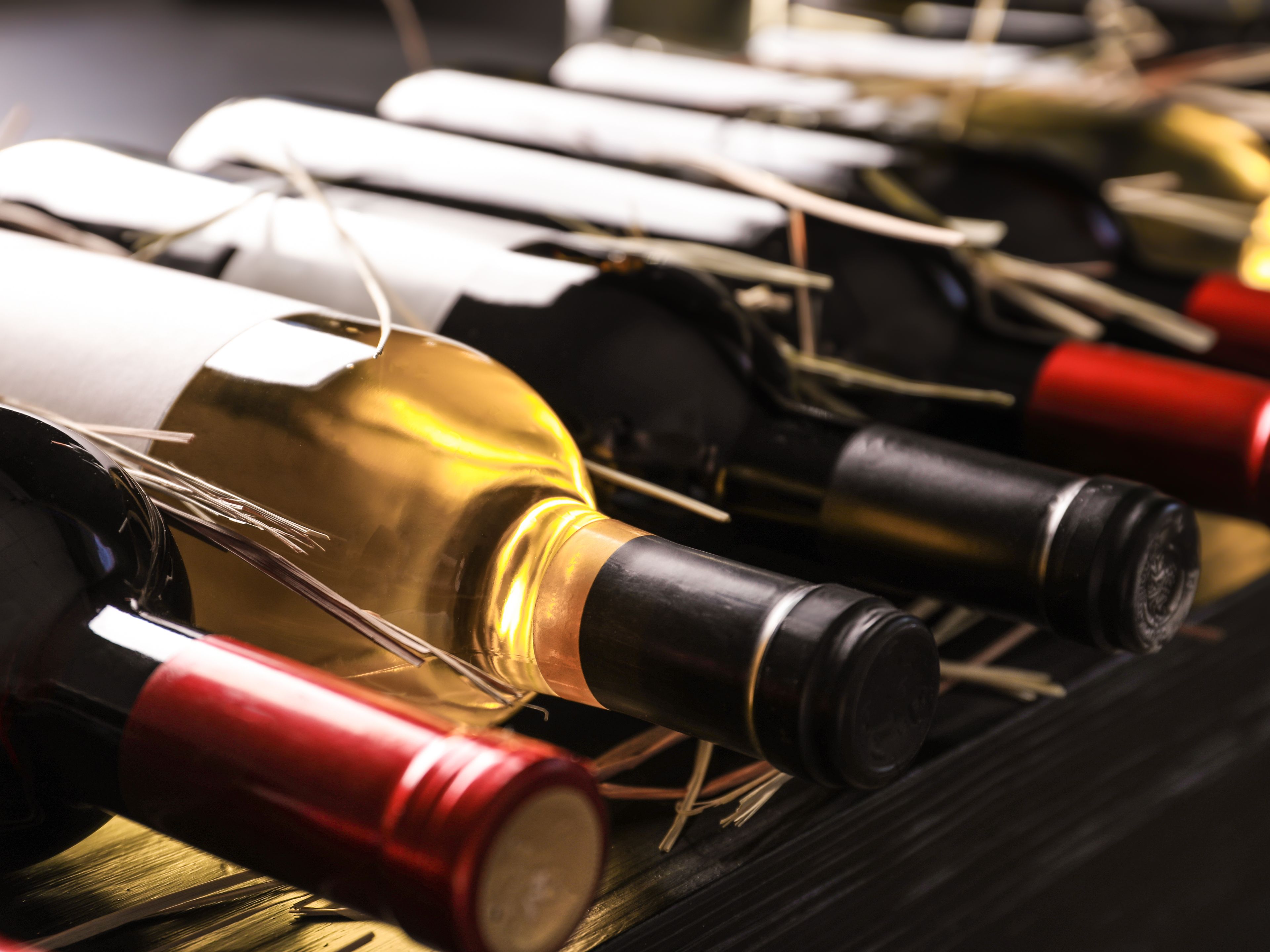
ALDI UK: Leading the way
The world of wine is brimming with innovation. Efforts to reduce the environmental impact of one of the world's favourite beverages extend beyond merely reducing the weight of glass bottles, as demonstrated by ALDI UK over the past few years. Building on an 8% average reduction in bottle weight across all still wine products, ALDI UK has introduced a striking new range of wine bottle designs and formats.
These innovative options offer customers a glimpse into the future of wine. They combine our commitment to lowering emissions with a more dynamic and enjoyable shopping experience for wine enthusiasts. As a result of its efforts to bring greater sustainability to the UK wine retail space, ALDI UK was crowned Sustainable Drinks Retailer of the Year at the Drinks Retailing Awards in 2025.
What’s next?
As ALDI prepares for 2026, our international teams are continuing to identify opportunities for reducing packaging material. This includes assessing the potential to rollout enhancements and innovations on a global level across the 11 ALDI SOUTH Group markets.
One of our key initiatives planned for the coming year is the transition to 300g bottles across our entry-level lines, a shift made possible by recent successful industry tests.
After successful pilots in the UK, we also intend to trial 50g PET bottles and bottles with “naked corks” in other markets across the globe. This will be done to assess the consumer acceptance of these bottles, which have a significantly reduced carbon footprint.
